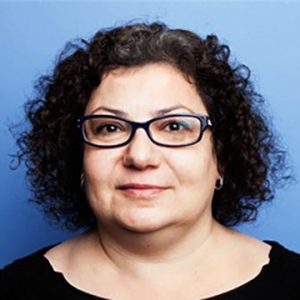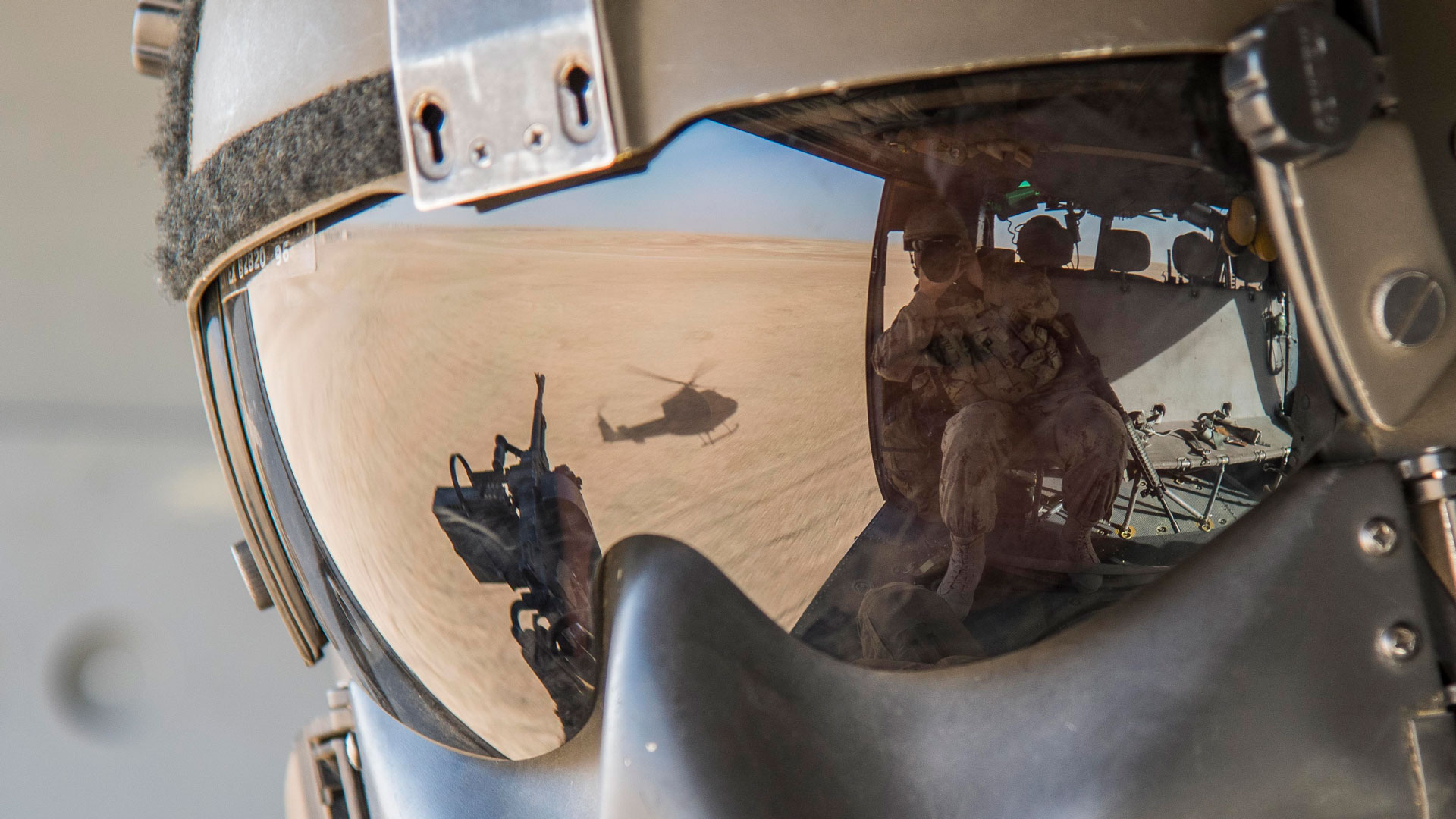This event is organized as part of the Capacity-Building in the Age of COVID-19 Virtual Workshop Series.
This third workshop will focus on peacekeeping. In spite of their dramatic expansion at the end of the Cold War, peace operations have been challenged by problems of local ownership and sustainability and beset by the impact of resounding failures in Somalia, Bosnia and Rwanda. Outside actors were reluctant to commit to deployments that could not be justified in terms of national security; local actors resented what they perceived as outside interventions with little understanding of the local context and called for local solutions to local problems. To get out of this quandary, building the capacity of regional organizations and of militaries from conflict-ridden states and areas seemed to be the obvious answer. But two decades later, capacity-building efforts are still underway and their achievements increasingly questioned. On the African continent, for instance, foreign-trained militaries continue to face challenges in the areas of human rights and sexual and gender-based violence. And, in spite of longer-term commitments and of a more robust posture, African militaries still have to achieve sustainable results in settings such as Somalia or the Sahel. With the pandemic reducing resources and circulation, how has capacity-building for peacekeeping adapted? How have capacity-building operations sought to identify and address the specific challenges of the pandemic, particularly along gender and ethnic lines? What challenges has it faced and will it face into the future?
This event will be in English. Participants will be able to ask questions in French.
Panellists:
• Marie-Joëlle Zahar, Université de Montréal
• Cedric de Coning, Norwegian Institute of International Affairs
• Arthur Boutellis, International Peace Institute
• Mody Berethe, Director of the Peacekeeping Training School
Capacity Building in the Age of COVID-19: Virtual Workshop Series
In the past decade, in a world with many different security challenges, the disastrous failures of direct interventions in Iraq and Afghanistan, and straitened budgets after the financial crisis of 2008, capacity-building became an increasingly important tool in international security. As states, international organizations and NGOs sought to bolster their partners’ abilities to deal with security problems in many different domains, including defence, counterinsurgency/counter-terrorism, and peace-building, capacity building was not only regarded as more sustainable over the long term than international intervention, it was also deemed useful to achieve better burden sharing.
The COVID-19 pandemic puts the requirements for and the uses of capacity-building in question. Moving personnel around and working side-by-side with partners now poses new health risks; the economic calamity which has ensued from the pandemic raises searching questions over how states and organizations will change their policy tools. Have states reconsidered their engagement in what were often treated as low-priority missions? Will they, instead, turn all the more to capacity-building so that others can take on security burdens? How have capacity-building needs and mission operations changed with the new emphasis on health security? Are these reversible or likely permanent changes? Will the difficulties of international cooperation be felt in this domain? This series of virtual workshops will address these and related questions. We will explore the state of capacity-building before the pandemic; assess its impacts on capacity-building operations in defence, COIN/CT, and peacekeeping operations; and analyze the challenges posed for the Canadian Armed Forces. The panels will bring together academic experts and policy-making practitioners to learn from each other.
Organizers

Theodore McLauchlin
+1 (514) 343-6111, poste 47668
theodore.mclauchlin@umontreal.ca

Marie-Joëlle Zahar
+1 (514) 343-6111, poste 20325
marie-joelle.zahar@umontreal.ca




Comments are closed.